Uganda’s political situation today is a complex tapestry of long-standing authoritarian rule, growing dissent, and socio-economic challenges that threaten the country’s stability. At the heart of this landscape is President Yoweri Museveni, who has ruled Uganda since 1986. His tenure, now spanning nearly four decades, has been marked by increasing authoritarianism, repression of political opposition, and a tightening grip on power. While Museveni’s National Resistance Movement (NRM) has maintained control through a mix of patronage, intimidation, and legal maneuvering, the country’s democratic institutions have weakened, and human rights abuses have escalated. Uganda’s future hangs in the balance as it grapples with economic hardship, social inequality, and the looming question of political succession.
Museveni’s Grip on Power
President Museveni’s rule has been characterized by a blend of military influence and political maneuvering. Having come to power after a civil war, Museveni initially banned political parties, only allowing multi-party elections in 2006 after a referendum. However, these elections have been widely criticized for lacking credibility. The 2021 presidential election, for example, was marred by violence, fraud allegations, and the harassment of opposition candidates like Robert Kyagulanyi (Bobi Wine), who challenged Museveni’s victory in court. The European Parliament condemned the election, calling for sanctions against those responsible for human rights violations.
Museveni’s regime has systematically undermined democratic processes. The judiciary, while constitutionally independent, is often seen as a tool of the NRM, with rulings consistently favoring the ruling party. The Uganda Police Force and military are frequently used to suppress dissent, with reports of arbitrary arrests, torture, and enforced disappearances. In 2023, the UN Committee Against Torture expressed deep concern over the widespread use of torture by security forces, a practice that has become a hallmark of Museveni’s rule.
The State of Democracy: Elections and Opposition
Uganda’s democracy is, in practice, a façade. While the country holds regular elections, their credibility has deteriorated over time. The NRM retains power through a combination of patronage, intimidation, and politicized prosecutions of opposition leaders. The opposition, led by figures like Bobi Wine and Kizza Besigye, faces constant harassment. Besigye, a veteran opposition leader, has been arrested multiple times, and Kyagulanyi’s National Unity Platform (NUP) has seen its supporters detained and its rallies blocked.
In a recent by-election, the opposition NUP managed to defeat the ruling party, a rare victory that sparked accusations of rigging from Museveni himself. This incident underscores the ruling party’s frustration with losing control, even in isolated contests. However, the Uganda Electoral Commission, widely viewed as partisan, is unlikely to deliver free and fair elections on a national scale. Public sentiment, as reflected in social media, often describes elections in Uganda as “ceremonial,” with outcomes predetermined by the authoritarian system.
Human Rights Under Siege
Uganda’s human rights record is alarming. Freedom of expression, assembly, and association are severely restricted. The government has cracked down on civil society organizations, journalists, and activists, using legal and extralegal means to silence dissent. In 2023, the Constitutional Court nullified some repressive laws, such as provisions of the Computer Misuse Act and the Public Order Management Act, which had been used to stifle free speech and peaceful protests. However, security forces continue to arrest journalists and opposition supporters on trumped-up charges.
The passage of the Anti-Homosexuality Act in 2023, which prescribes the death penalty for certain same-sex acts, has drawn international condemnation. This law, along with other regressive measures, reflects the government’s willingness to sacrifice human rights for political gain. Meanwhile, land disputes, particularly in rural areas, have led to forced evictions, often without compensation, exacerbating poverty and social unrest.
Socio-Economic Context: Poverty, Corruption, and Regional Tensions
Uganda’s political challenges are compounded by deep socio-economic issues. Poverty remains widespread, with over 40% of the population living below the international poverty line. Youth unemployment is rampant, and the country’s rapidly growing population strains already limited resources. Corruption is endemic, with Uganda ranking 141st out of 180 countries in Transparency International’s 2023 Corruption Perceptions Index. The government’s reliance on patronage networks, including the military’s involvement in economic activities, has deepened inequality and stifled development.
Regional tensions also play a role in Uganda’s political instability. The country’s involvement in conflicts in the Democratic Republic of Congo (DRC) and South Sudan has drawn criticism, with accusations of supporting rebel groups like the M23 in the DRC. These actions have strained relations with neighboring countries and diverted resources from domestic priorities.
Civil Society and Media: A Struggle for Survival
Civil society in Uganda is under siege. NGOs working on human rights and democracy face legal harassment, funding restrictions, and physical intimidation. In 2023, the government required NGOs to register with the Personal Data Protection Office, a move seen as another attempt to control and silence dissent. Journalists, too, operate in a hostile environment. Security forces have beaten, arrested, and detained reporters covering protests or opposition activities. In one incident, journalist bodies in Uganda announced a boycott of police and military events after soldiers attacked journalists during a by-election.
Despite these challenges, civil society and the media continue to push back. The opposition’s recent by-election victory and the growing use of social media to mobilize dissent suggest that Museveni’s grip on power is not unassailable. However, the regime’s increasing reliance on repression signals a dangerous escalation. Uganda stands at a critical juncture. Museveni’s advanced age and the question of succession loom large, with his son, General Muhoozi Kainerugaba, positioning himself as a potential heir. This dynastic ambition has raised concerns about the future of Uganda’s democracy. Analysts have noted that the government now operates as “two semi-independent wings of the First Family,” with Museveni and his son wielding significant power.
The potential for instability is high. Economic stagnation, youth unemployment, and regional conflicts could fuel further unrest. The government’s failure to address these issues, coupled with its authoritarian tactics, risks pushing Uganda toward greater violence and political turmoil.
Uganda’s political situation is dire, but not without hope. The resilience of the opposition, civil society, and the media suggests that change is possible. However, for Uganda to transition toward a more democratic and stable future, several steps are necessary:
- Electoral Reform: The Uganda Electoral Commission must be reformed to ensure free and fair elections.
- Human Rights Protections: The government must end its crackdown on dissent and respect fundamental freedoms.
- Economic Development: Addressing poverty and unemployment, particularly among the youth, is crucial for long-term stability.
- Regional Diplomacy: Uganda must play a constructive role in regional peace initiatives, rather than exacerbating conflicts.
Without these reforms, Uganda risks sliding deeper into authoritarianism and instability. The international community, including the European Union and the United Nations, must continue to pressure Museveni’s regime to respect human rights and democratic norms. Uganda’s future depends on it.

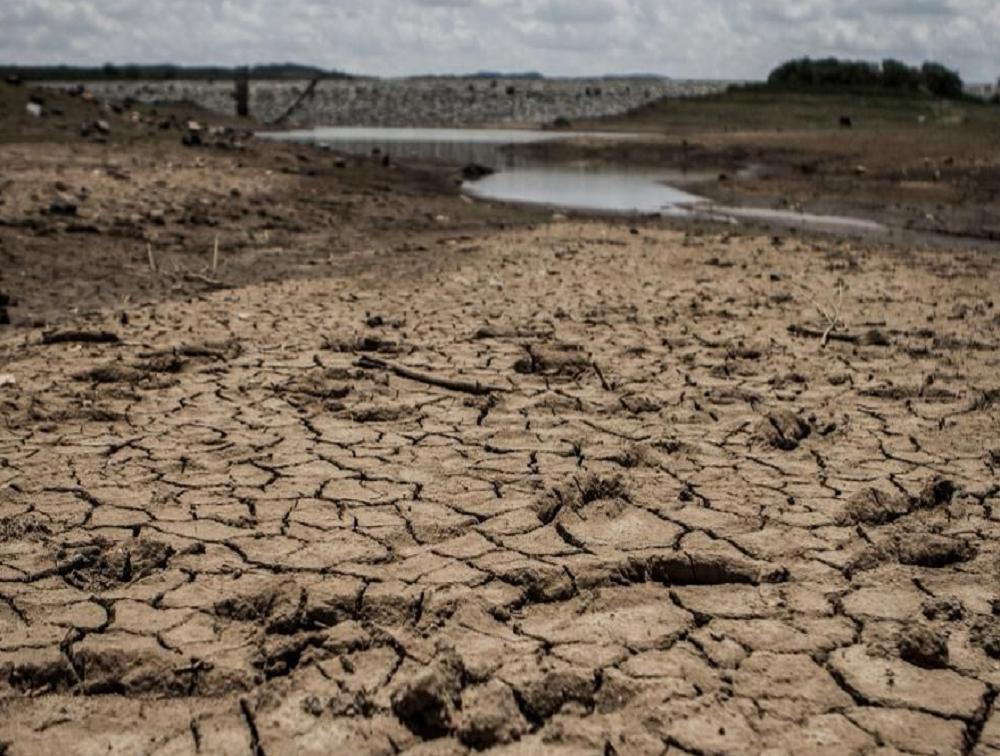
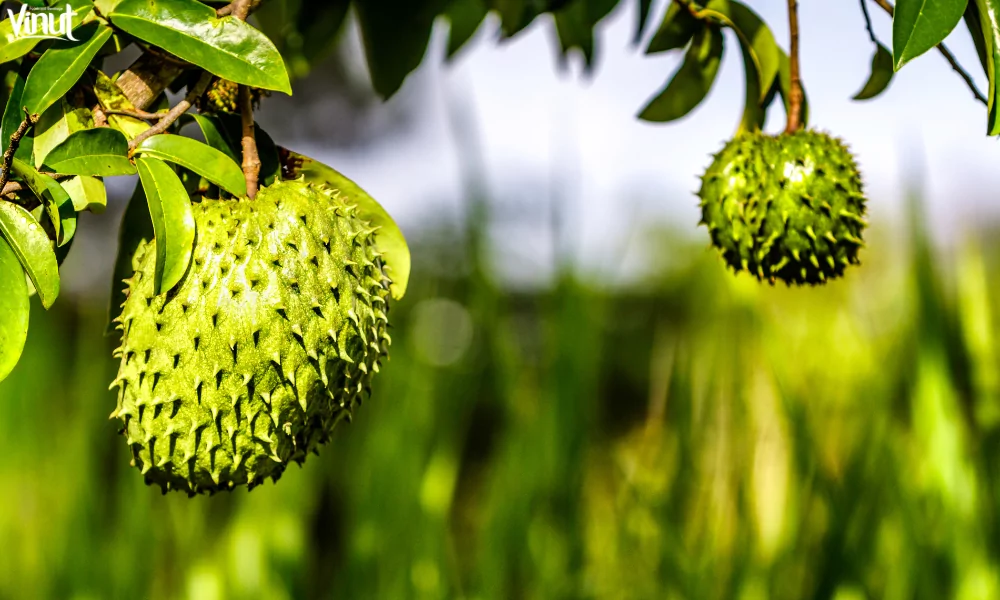

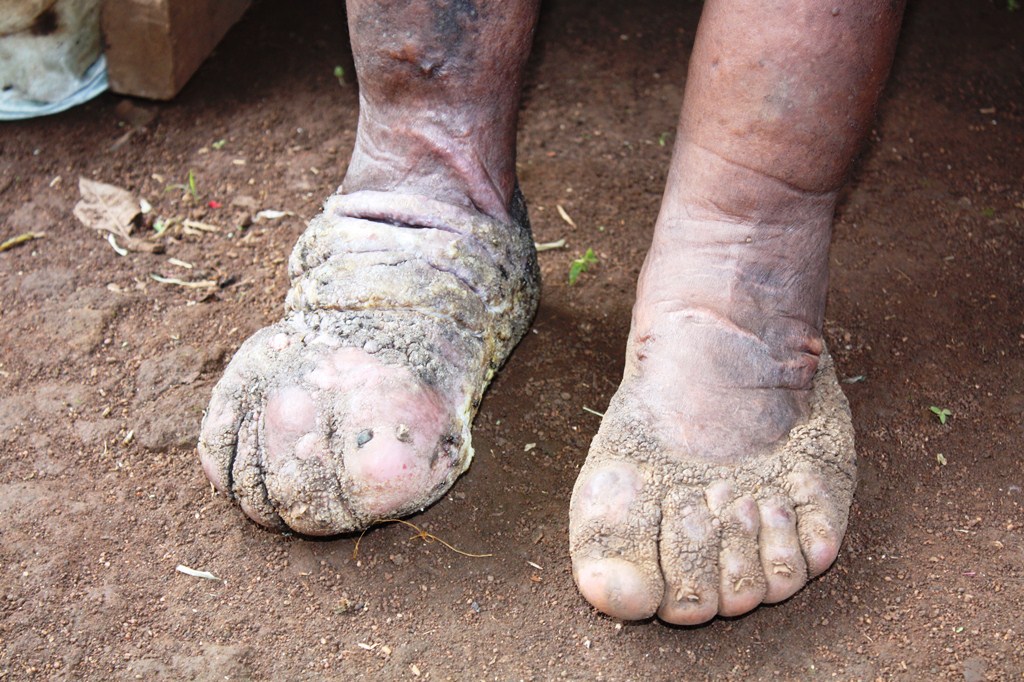
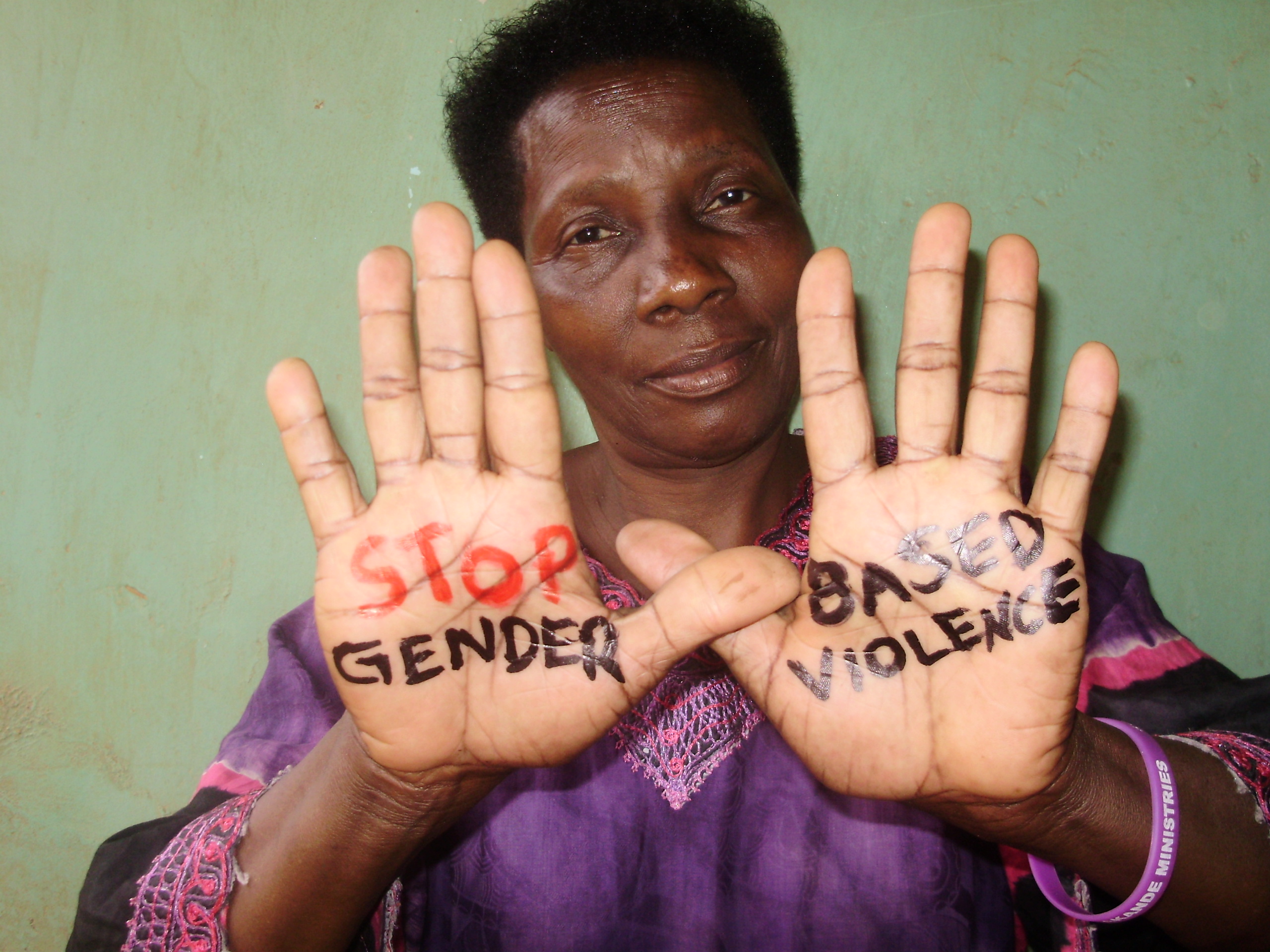
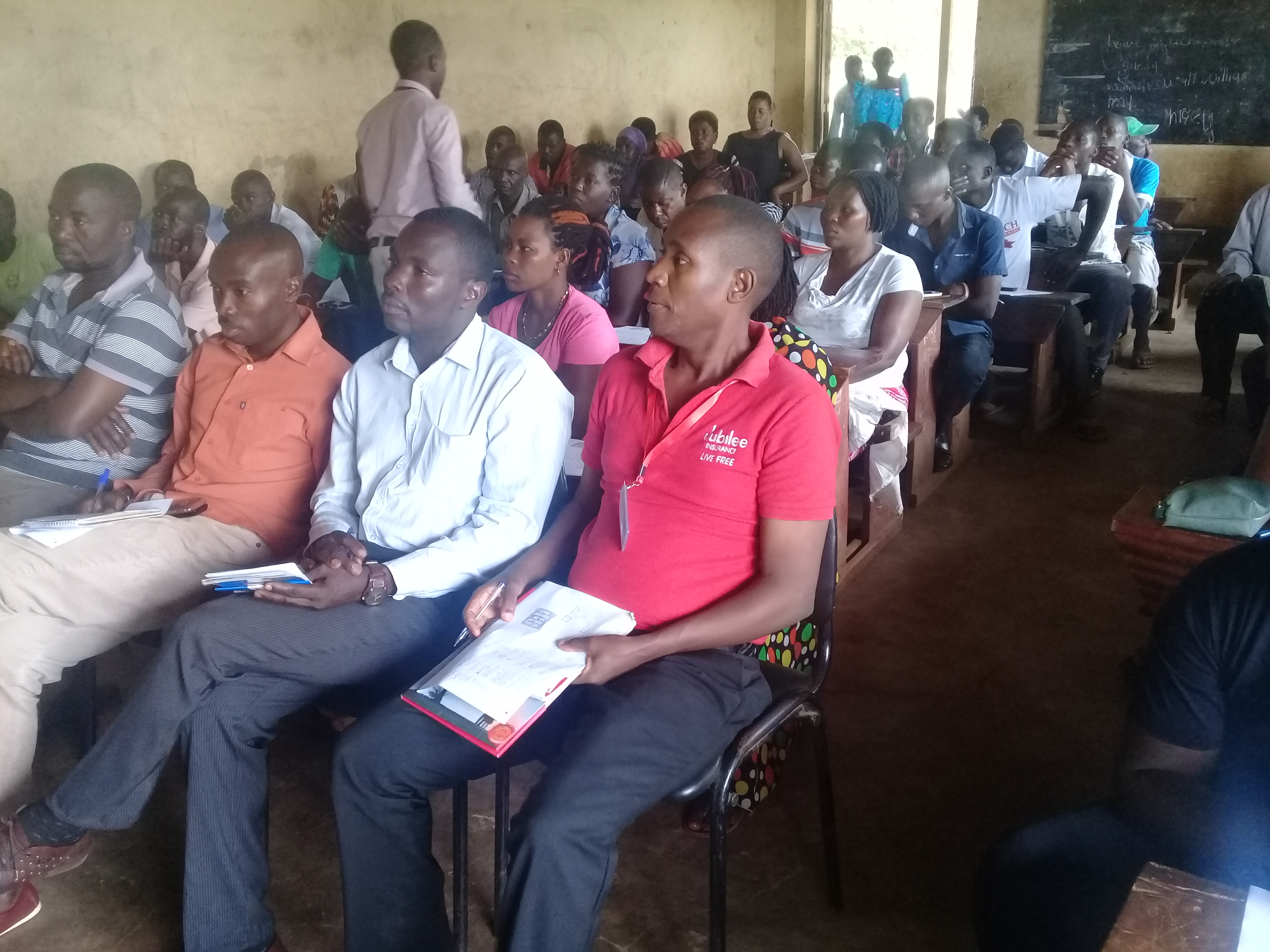

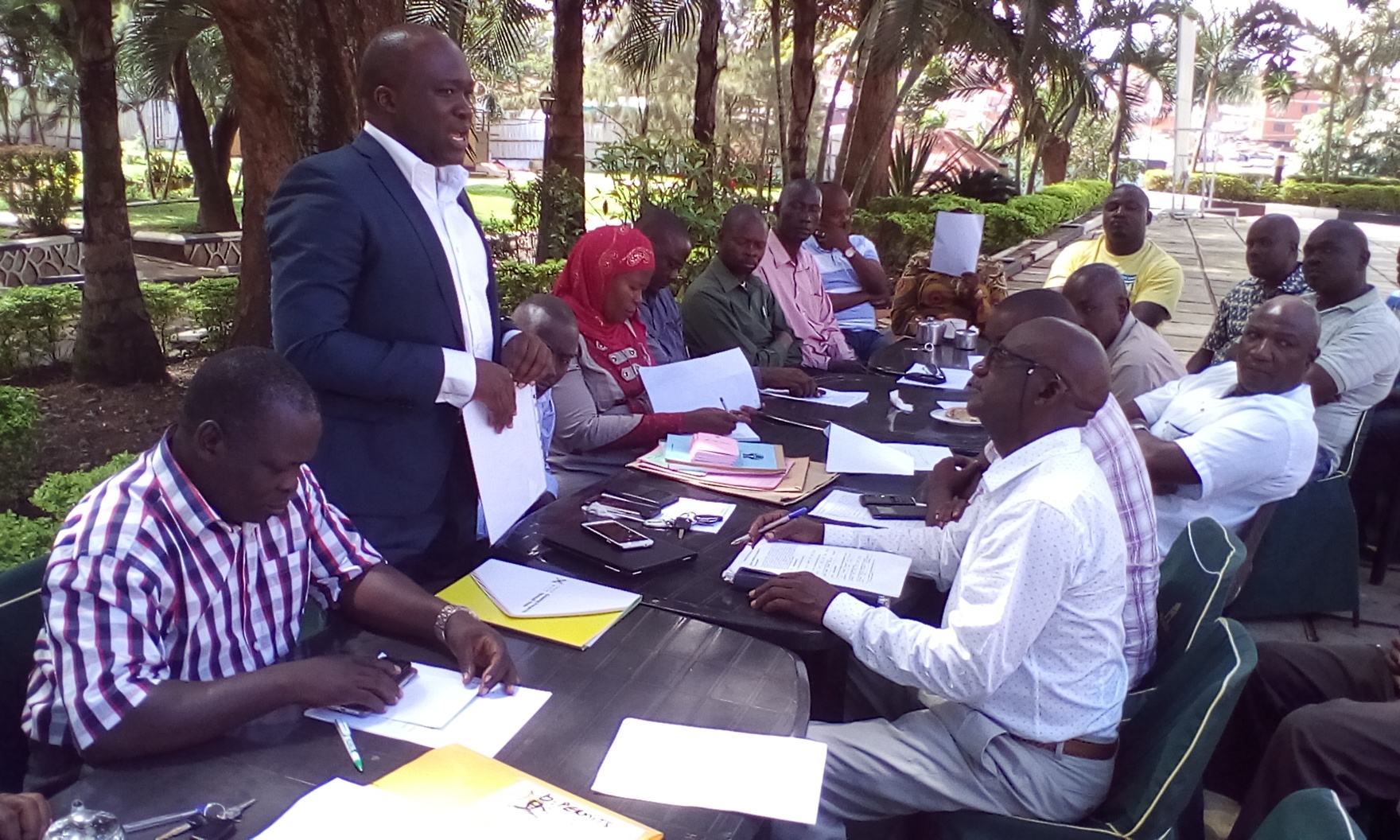
Comments